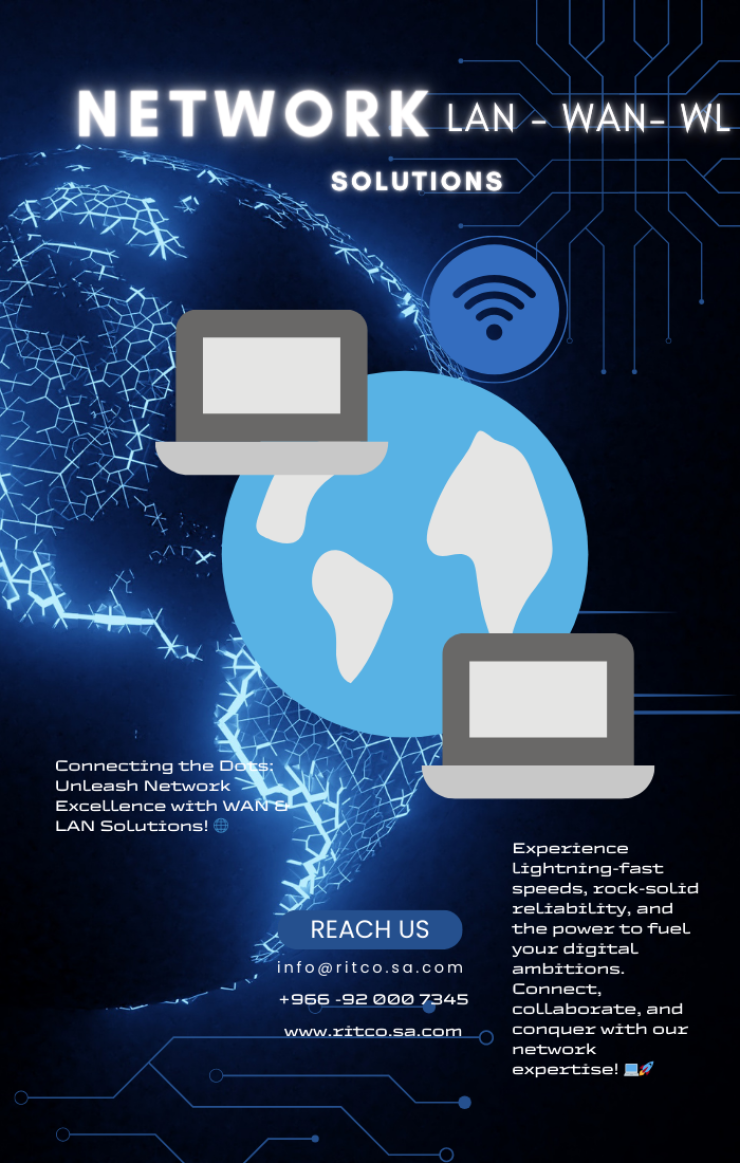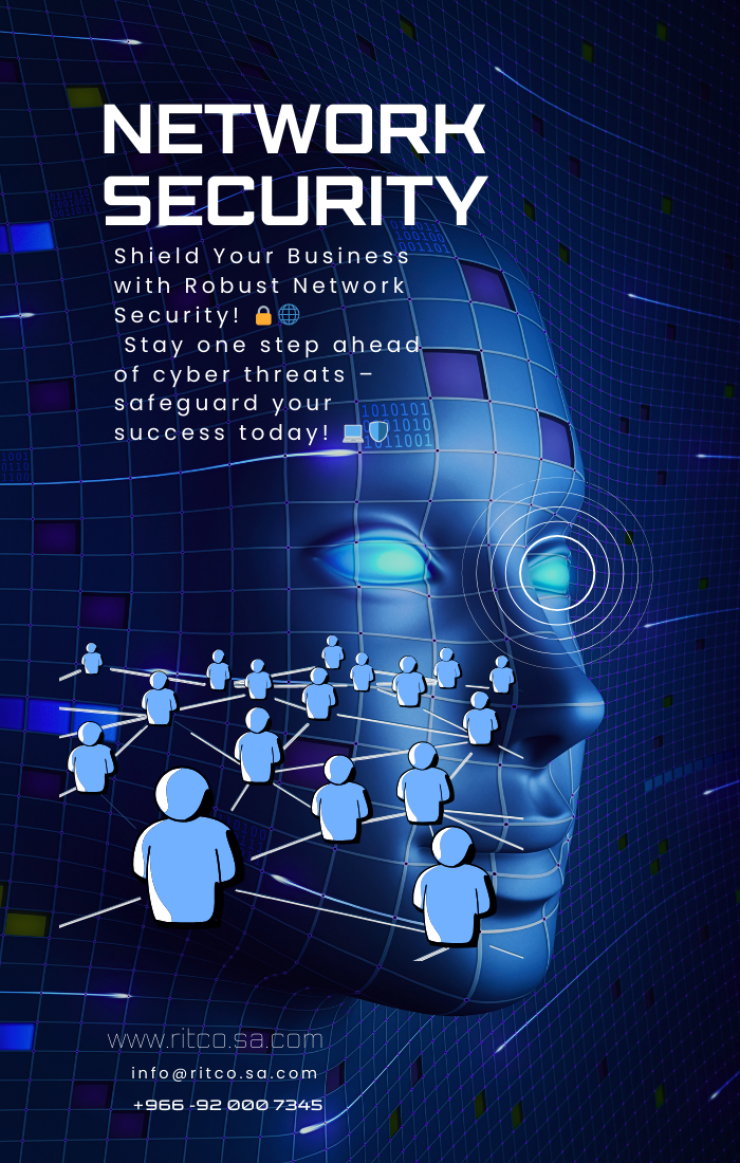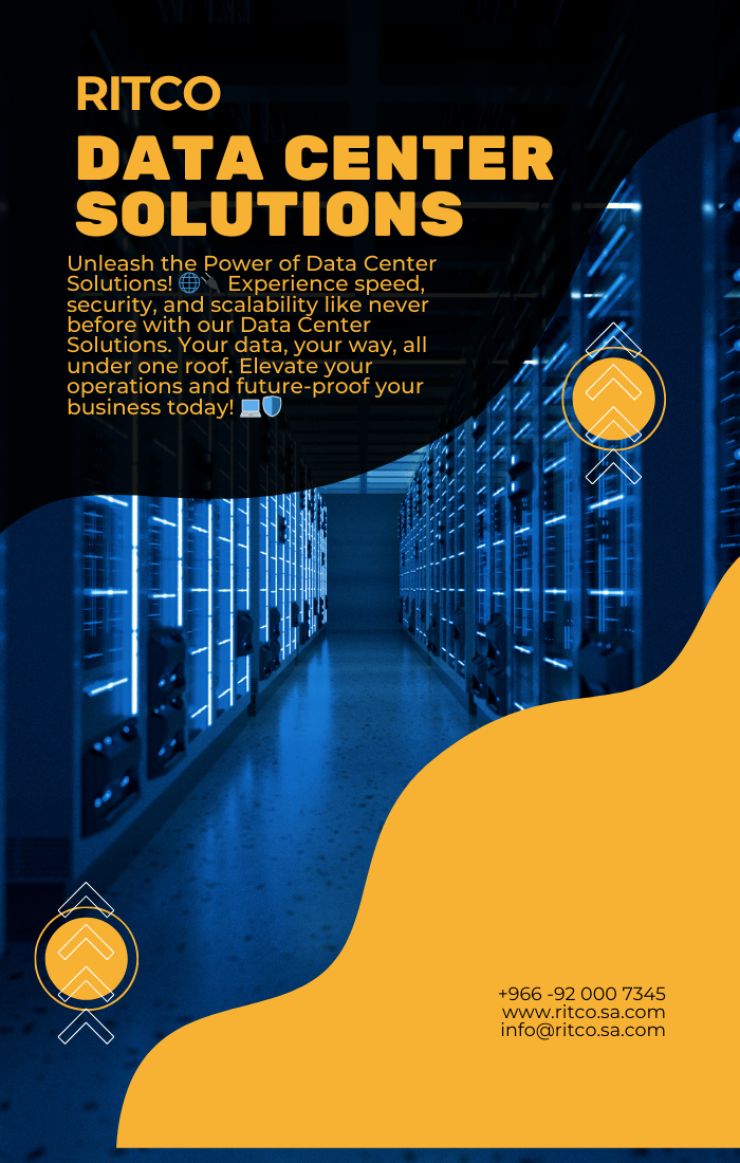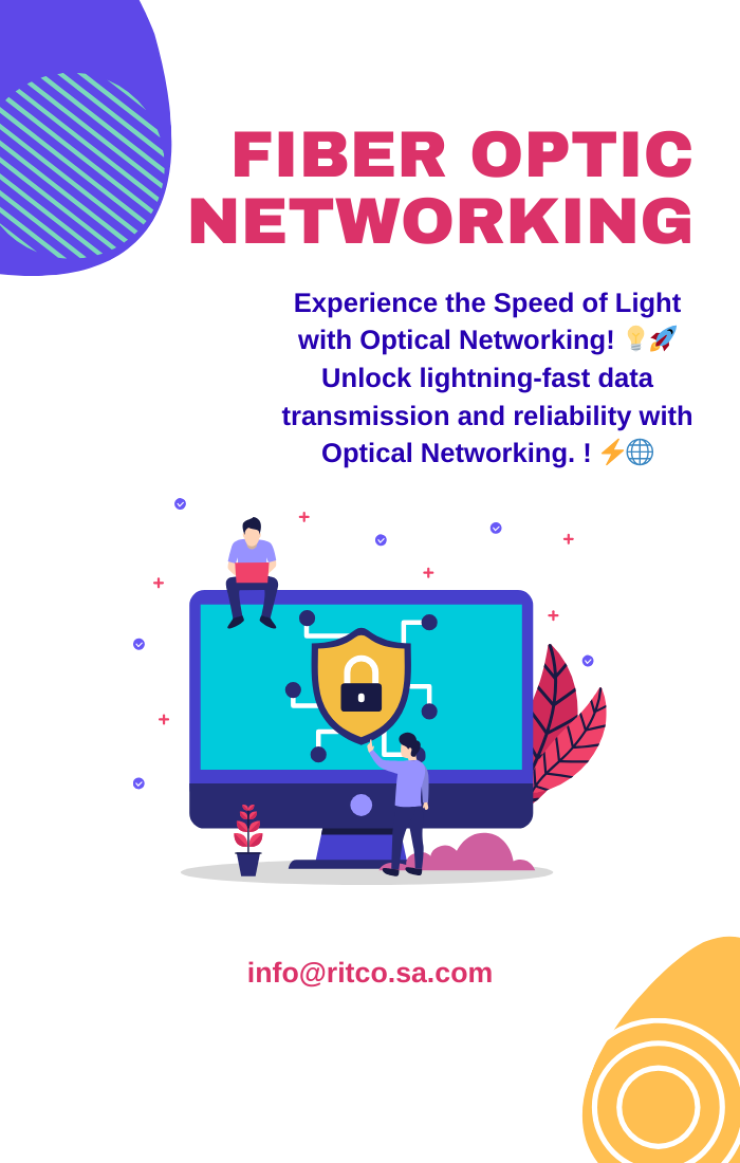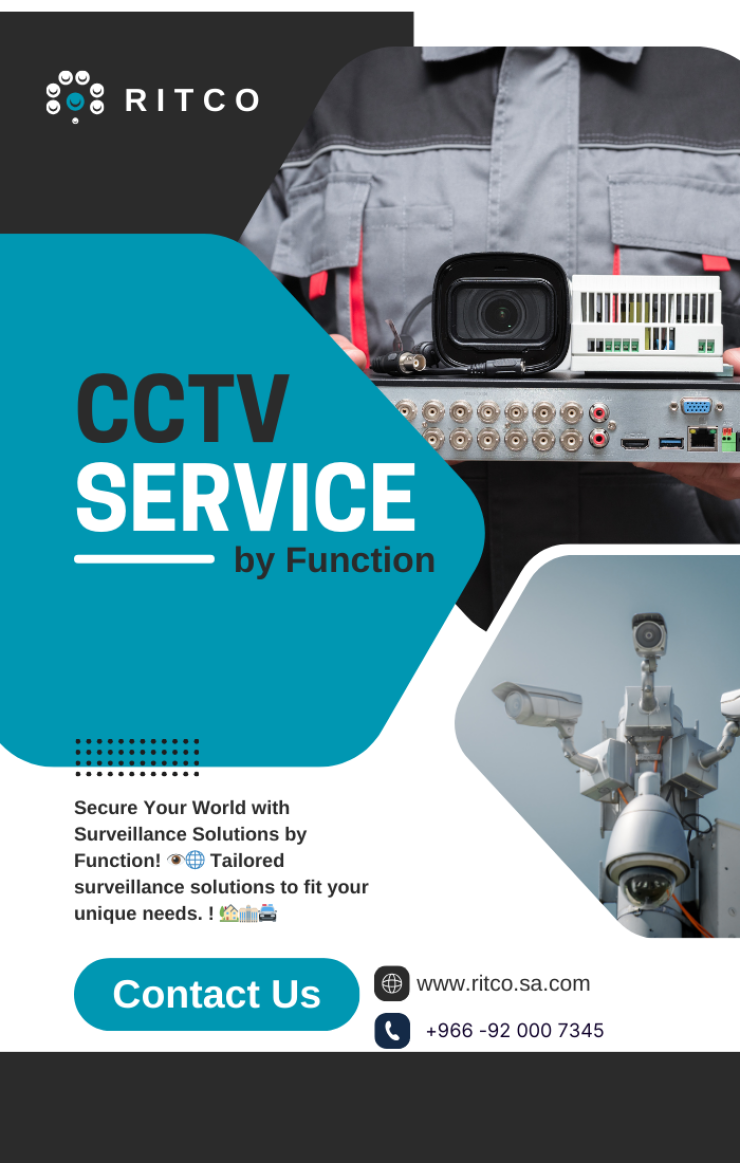
NGFWS - Smart Security Solution
ngfws-smart-security-solution:
Introduction: Enhance your network security
with RITCO's NGFWs-Smart Security Solution. Safeguard your business from
advanced threats while maintaining seamless connectivity.
Available
Products: Choose
from a range of Next-Generation Firewalls (NGFWs) tailored to meet your
security requirements. Our offerings include cutting-edge hardware and software
solutions for robust protection.
Key
Features:
- Deep packet inspection for
real-time threat detection
- Application-aware firewall
controls
- Intrusion prevention and
advanced malware protection
- VPN support for secure remote
access
- Centralized management and
reporting
Business
Benefits:
- Mitigate risks with proactive
threat prevention
- Ensure compliance with industry
regulations
- Improve network performance
with optimized traffic routing
- Achieve visibility and control
over network activities
- Enable secure collaboration and
remote work capabilities
Conclusion: RITCO's NGFWs-Smart Security Solution empowers your business with a comprehensive defense against evolving cyber threats, allowing you to focus on growth and innovation.
what-is-networking:
Introduction: Networking is the foundation
of modern communication and connectivity. It involves the interconnection of
devices, systems, and resources to enable seamless data sharing, communication,
and collaboration.
Key
Concepts:
- Data Transmission: Networking allows the
transfer of data between devices, whether they're located in the same room
or on opposite sides of the world.
- Protocols: Networking relies on
protocols, which are predefined rules that govern how data is formatted,
transmitted, and received.
- Local and Wide Area Networks
(LAN/WAN): Networks
can be classified based on their geographic scope. LANs cover smaller
areas like homes or offices, while WANs connect larger regions, such as
cities or countries.
- Internet: The internet is a global
network of networks, enabling worldwide communication and access to
information.
- Devices: Networking involves a
variety of devices, including computers, servers, routers, switches, and
even smartphones and IoT devices.
Importance: Networking plays a crucial
role in various aspects of our lives and businesses:
- Communication: It enables real-time
communication through email, messaging, voice, and video calls.
- Information Sharing: Networks facilitate
access to vast amounts of information and resources available online.
- Business Operations: Organizations rely on
networks for seamless collaboration, data sharing, and efficient
operations.
- Entertainment: Streaming services,
online gaming, and social media are made possible by robust networks.
Types of
Networking:
- Wired Networking: Involves physical cables
to connect devices. Ethernet cables are commonly used in wired networks.
- Wireless Networking: Uses radio waves to
connect devices, allowing mobility and flexibility.
- Peer-to-Peer Networks: Devices directly
communicate with each other, common in smaller setups.
- Client-Server Networks: Devices connect to a
central server, suitable for larger environments.
Networking
Challenges:
- Security: Networks are vulnerable
to cyber threats, requiring robust security measures to protect data and
privacy.
- Scalability: As businesses grow, their
network infrastructure must accommodate increased demands.
- Reliability: Network downtime can
disrupt operations, necessitating redundancy and failover solutions.
- Complexity: Managing large networks
requires expertise to ensure optimal performance and troubleshooting.






